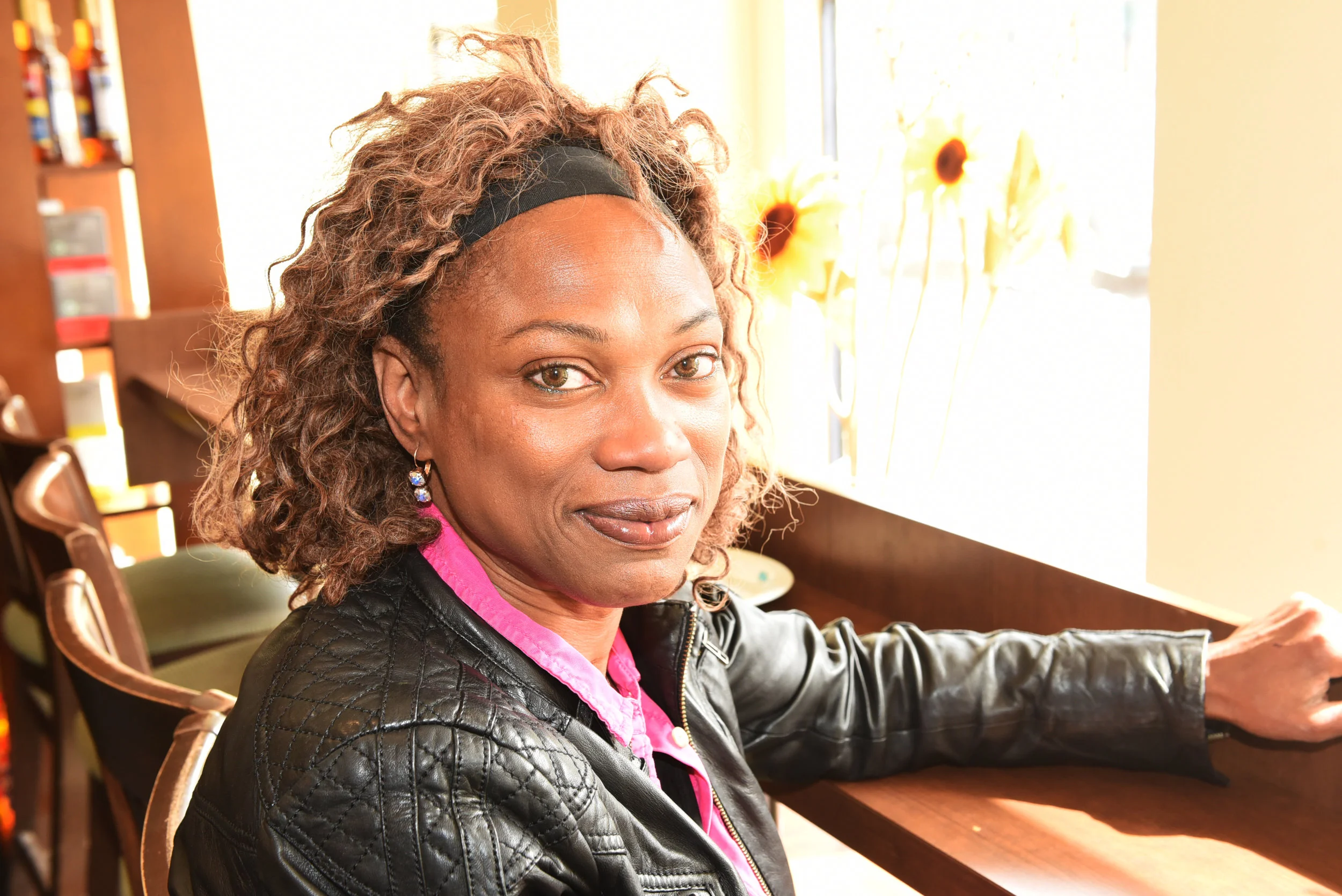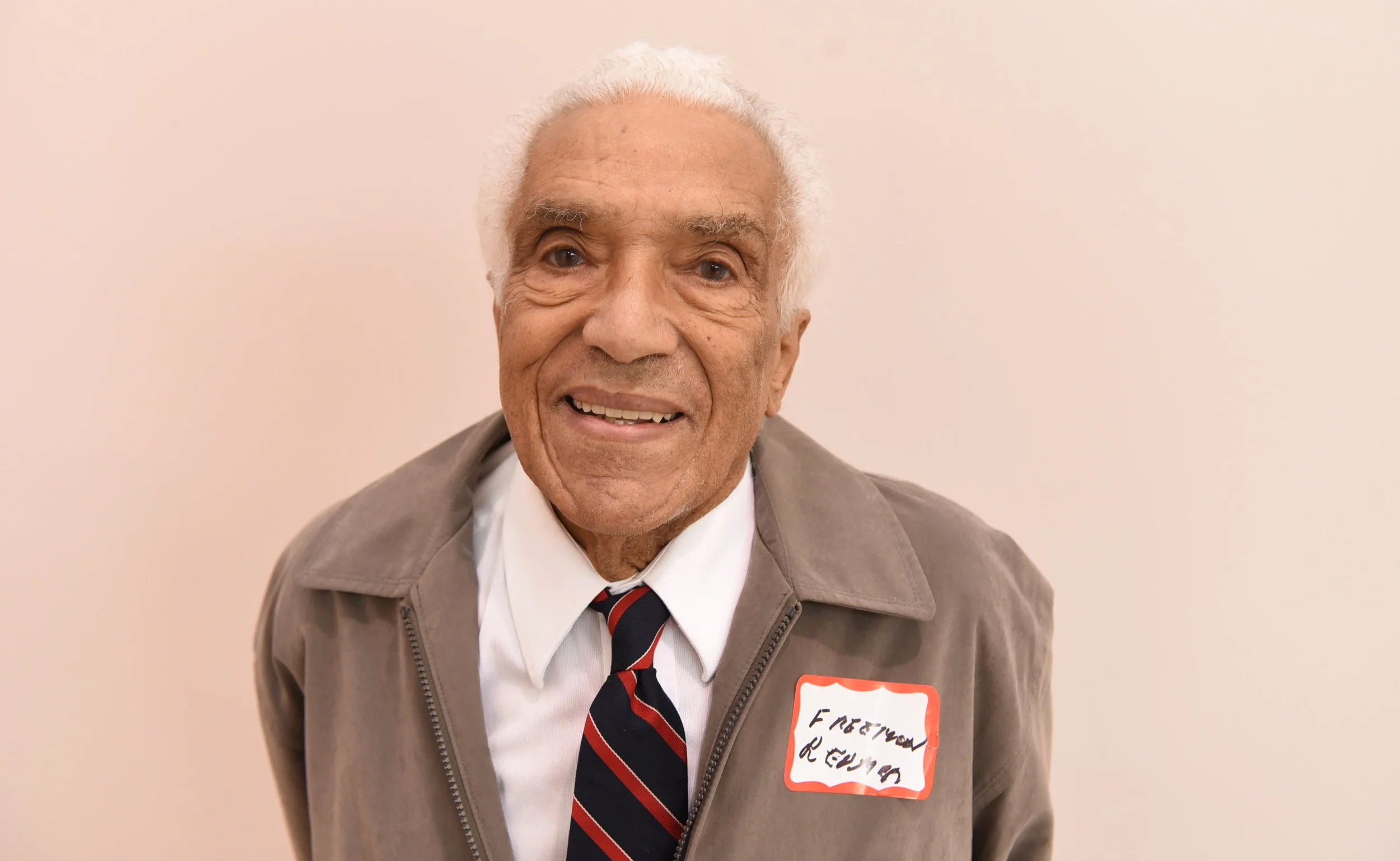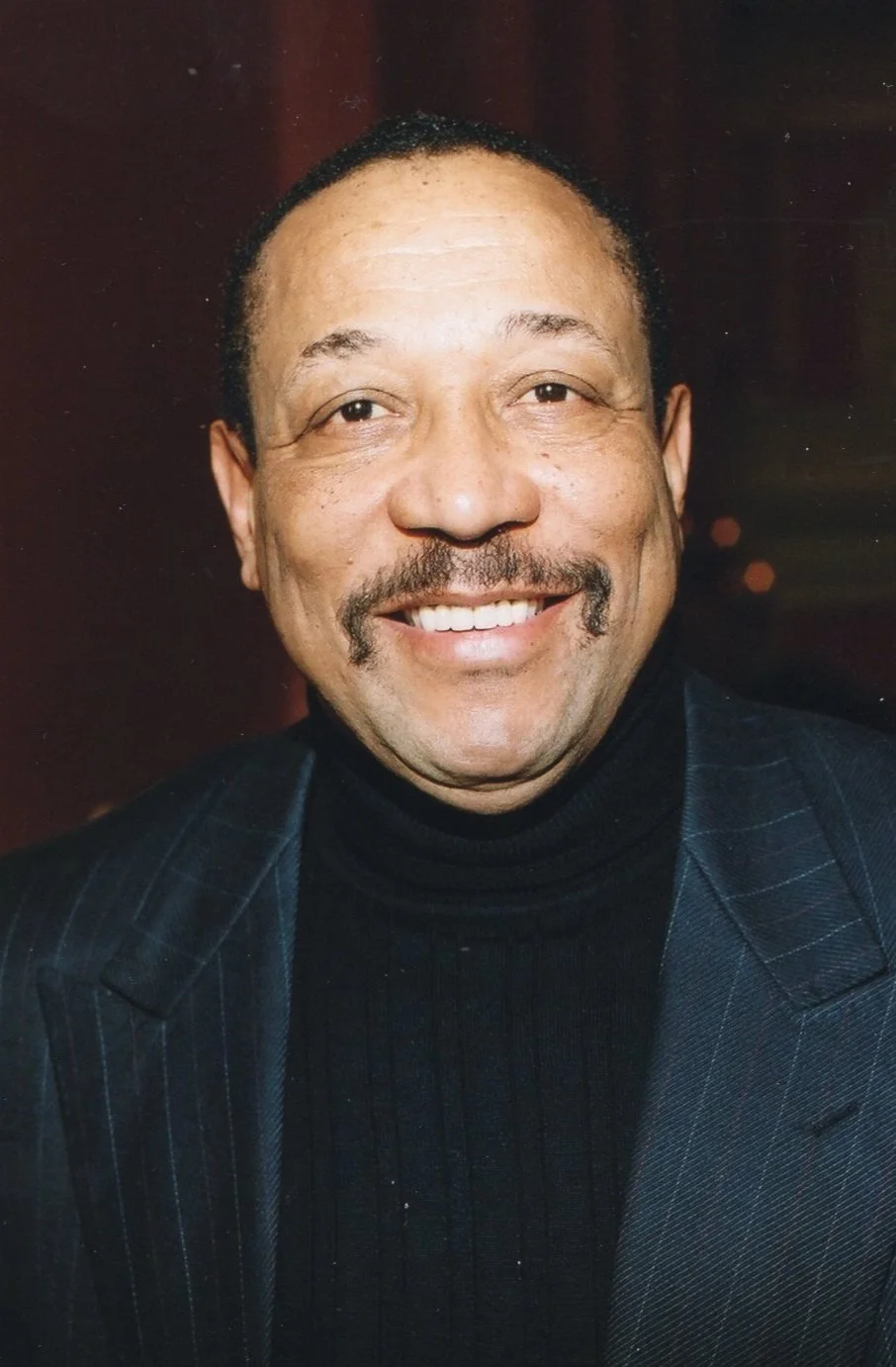Athletics Canada Hall of Fame for Jillian Richardson-Briscoe
June 2, 2017
Inspiration, sometimes, comes in strange ways.
Three-time Olympian Jillian Richardson-Briscoe will never forget the day a premier Canadian female athlete told her she wouldn’t amount to anything if she didn’t go on something.
“I was just 16 at the time and this was coming from someone in the sport who I looked up to and really respected,” said the 400-metre national record holder who will be inducted into Athletics Canada Hall of Fame in July. “That really motivated me to show her that she was wrong. If I had to do six 200 sprints in training, I pushed my body to do one more just for her. That’s just how much I was driven after the suggestion that I couldn’t succeed without the use of performance-enhancing drugs.”
Migrating from Trinidad & Tobago with her older sister to join their mother in Calgary in 1971, Richardson-Briscoe played soccer before John Cannon, who has developed several Canadian Olympians, turned her on to track.
“I had just competed at a minor track meet where I was successful when this large man appeared and asked if I had ever thought of becoming a track athlete,” she said. “I remember looking him straight in the face and telling him I am a soccer player. He told me to consider what he had said and he gave me his name and phone number.”
The next time Richardson-Briscoe saw Cannon, she was ready to take up his offer.
“I would have done anything to get out of the house back then, so when John told me that track could take me to all of these wonderful places around Canada and the rest of the world, I told him to sign me up right away,” she said.
Little did Cannon know that he would play a pivotal role in helping Richardson-Briscoe fulfill a dream.
“I had always wanted to be the best at something,” she pointed out. “When I was a five-year-old, I remember looking up to the stars and saying, ‘I want to be famous’.
The 400-metre is considered the most difficult track event.
Speed endurance and anaerobic capacity and power are required for the long sprint race that many world-class athletes steer clear of, including eight-time Olympic gold medallist Usain Bolt who holds the 100 and 200-metre world records.
“I didn’t want to do it because everyone said it was so hard,” said Richardson-Briscoe who studied psychology at the University of Calgary. “But John convinced me to do it once I realised my long legs didn’t turn over quite that fast for the 100-metre dash which I favoured. Once I committed, I trained and worked so hard that there were days when I couldn’t climb my stairs when I got home. I hurt so much that the furthest I got was the couch where my mother gave me supper and I slept on many times.”
In her first major tour as a member of the national team, Richardson-Briscoe teamed up with Charmaine Crooks, Molly Killingbeck and Angella Taylor to win a gold medal in the 4x400-metre race in 3:27.70 at the 1982 Commonwealth Games in Australia.
A year later, she was a member of the Pan Am Games 4x400 and 4x100-metre teams that clinched silver and bronze medals respectively in Caracas.
At the 1984 Los Angeles Olympics, Richardson-Briscoe and teammates Crooks, Killingbeck and Marita Payne – the mother of National Basketball Association (NBA) player Andrew Wiggins – captured a silver medal in the 4x400-metre relay. Their time of 3:21.21 still stands as the national record.
Four years later at the Seoul Olympics, she equalled the 49.91 secs. 400-metre national record set by Payne at the Los Angeles Games.
By the time the Barcelona Olympics came around in 1992, Richardson-Briscoe felt she was ready to win an individual medal.
“I was just 17 and happy to be at the Los Angeles Olympics,” she said. “I remember sitting next to Carl Lewis and it was like, ‘Wow’. At the Seoul Games, the goal was to reach the semi-final which I did. In Barcelona, I knew I had the opportunity to medal.”
That was not to be as she finished fifth in the 400-metre race and her 4x400-metre team was fourth.
A serious vehicular accident in 1993 ended Richardson-Briscoe’s track career.
She and her ex-husband, William Briscoe who was the driver, were in a vehicle that went out of control on an off ramp in Calgary, tumbled down an embankment and landed on its roof. She was ejected.
The winner of 18 national titles in a 10-year span up to 1992, Richardson-Briscoe had just returned from a training stint in Italy with Stefano Tilli who once coached Merlene Ottey who he was engaged to.
“I was on the verge of moving to Italy,” she said. “I was on top of the world and felt invincible…I made some money and me and my husband were going to buy a car when the accident occurred. I took my seatbelt off to grab some mail in the backseat when I noticed that the car was very close to the side of the road. As I was turning around, the wheel hit the curve and that was the last thing I remembered.”
She suffered a severed spinal cord, broken ribs, a damaged spleen and several lacerations.
Comatose for three months, Richardson-Briscoe spent several weeks in a wheelchair and walked with the aid of a cane for a few months.
By the time she regained some strength and was able to walk without aid, the three-time Canadian champion was desperate to prove that she was still a world-class athlete.
“I wanted to show doctors and others who said my track career was done that I could make it all the way back to the top,” she said. “I knew it was going to take very hard work, but I was prepared to do whatever it took.”
The press showed up in large numbers when Richardson-Briscoe resumed training in Calgary and Canon -- who didn’t visit her in hospital or at home while she was recuperating -- was at the track one day while was being interviewed.
“The next thing I know is that there is a quote from John about me that said, “She looks like a broke down engine whose timing is off’,” she said.
Coming from someone who Richardson-Briscoe regarded as a father figure made those remarks even more searing and painful.
After recovering from the shock and disappointment, she made Cannon her new inspiration.
The accident, however, had taken its toll.
“Before the mishap, I did ten 200-metres in 28 secs. with a one-minute recovery,” she said. “I thought I could still do that. When I ran 38 secs. full out, I knew that was it. Now, I am not an athlete anymore and I was asking myself the question, ‘What’s next?’ Track was my life and I didn’t know anything else.”
For the next 14 years, Richardson-Briscoe wanted nothing to do with track and field.
“When I was in Alberta, I avoided passing by the track that I trained on,” the 52-year-old mother of three sons, whose ages range from 18-25, said. “If the television was on and track and field came on, I would turn it off. That’s how much I hated the sport that gave me so much.”
After a year in Vancouver where her ex-husband was transferred, Richardson-Briscoe and her family moved to the Greater Toronto Area in 2004.
A few years ago, one of her son’s hockey coaches, who is also a teacher, asked if she could come out to his school to assist with their track and field program.
“I thought that the time had come for me to stop feeling sorry about myself,” the 1997 Alberta Sports Hall of Fame & Museum inductee said. “If there is one thing I know, it is track & field. So I took up the offer, went to the school and there was this packed gym with kids running around. Out of the corner of my eye, I saw this little Black boy who was running with one finger in the air which is exactly how I ran. He looked like me.
“I approached him and asked if he had ever thought of running track which was the same question my coach asked me years ago. When the boy told me he was a soccer player, I said it’s OK and I gave him my name and phone number and told him we can talk if he wished.”
When asked what her highpoint was, Richardson-Briscoe pointed to the 1992 Barcelona Olympics.
“By that time, I knew how to run and I felt I was poised to medal,” she said. “I was at the peak of my career and very confident.”
Being sent home from the 1990 Commonwealth Games in Auckland was the lowest point in her athletic career.
She was expelled for ‘breaching the team code of conduct’ by refusing to stay in the Canadian accommodation in the Athletes Village.
Richardson-Briscoe, who owns a wellness spa and coaches twice weekly at York University, still feels she was unfairly punished.
“I did a Grand Prix meet and got to the village after the team had arrived,” she said. “When I got there, I discovered I was put with a female shot putter whose belongings were scattered all over the room. I assume she thought she had the place all to herself. I went to the cafeteria, saw a Nigerian friend and told him about my predicament and he invited me to stay in their quarters because they had lots of space. On my way to breakfast the next morning, I saw a Canadian team official who inquired why I was not in the Canadian accommodation. They said that because I wasn’t there, I would be kicked off the team which happened. I think it all had to do with the crackdown after Ben (Johnson) was disqualified from the Seoul Games and I was made a scapegoat.”
Richardson-Briscoe is incredibly honoured to be going into Athletics Canada Hall of Fame, particularly in the same class with Olympic relay champion Glenroy Gilbert who is Canada’s head coach for the world track and field championship in England in August.
“He’s a ‘Trini’ like I am and someone who has a lot of integrity,” she said. “I am so proud to be going in with him.”
In addition to the national 400-metre outdoor record she shares with Payne, Richardson-Briscoe set national indoor records in the 300-metre (37.17 secs.) in Germany in 1988 and the 400-metre (51.59 secs.) at the Aviva Grand Prix meet in Birmingham four years later that still stand.






